Two large environmental groups in Northern California have issued a statement announcing that they have filed a lawsuit against the organization Caltrans. The groups plan to stop the California government from widening Interstate 80 from six lanes to eight.
The groups say that the proposed expansion will have irreversible negative effects on the environment and wildlife in the area and that Caltrans has left out adequate information in its environmental impact report.
What Environmental Groups Are Making the Accusations?
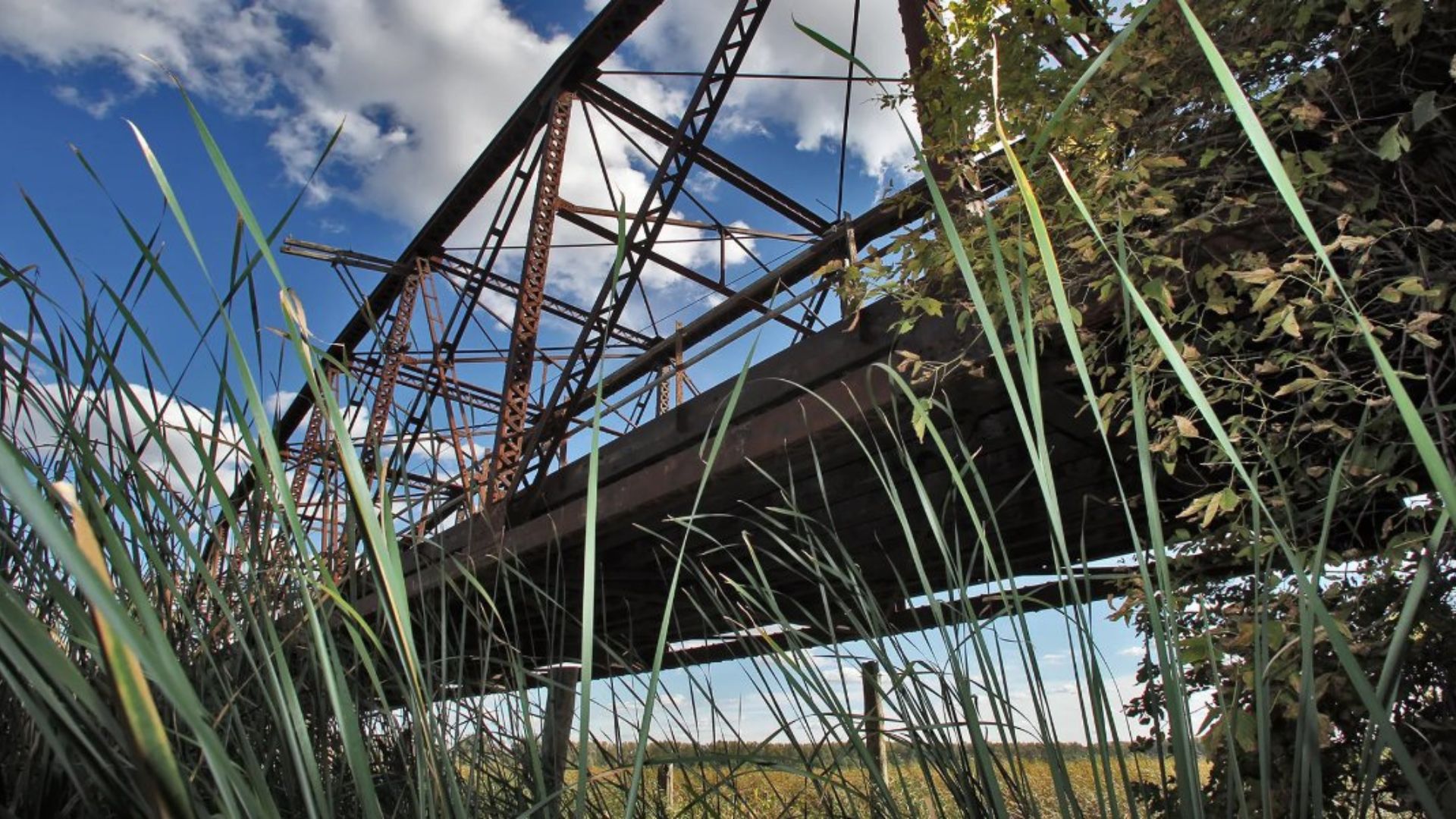
One of the groups responsible for the lawsuit is the Sierra Club, an established environmental organization based all over the United States. The progressive group has won multiple lawsuits on behalf of the American public.
Some successes of the group include stopping Clorox from using “forever chemicals” in its wipes and stopping oil and gas companies from fracking on protected land.
Caltrans Accused of Inadequate Environmental Report
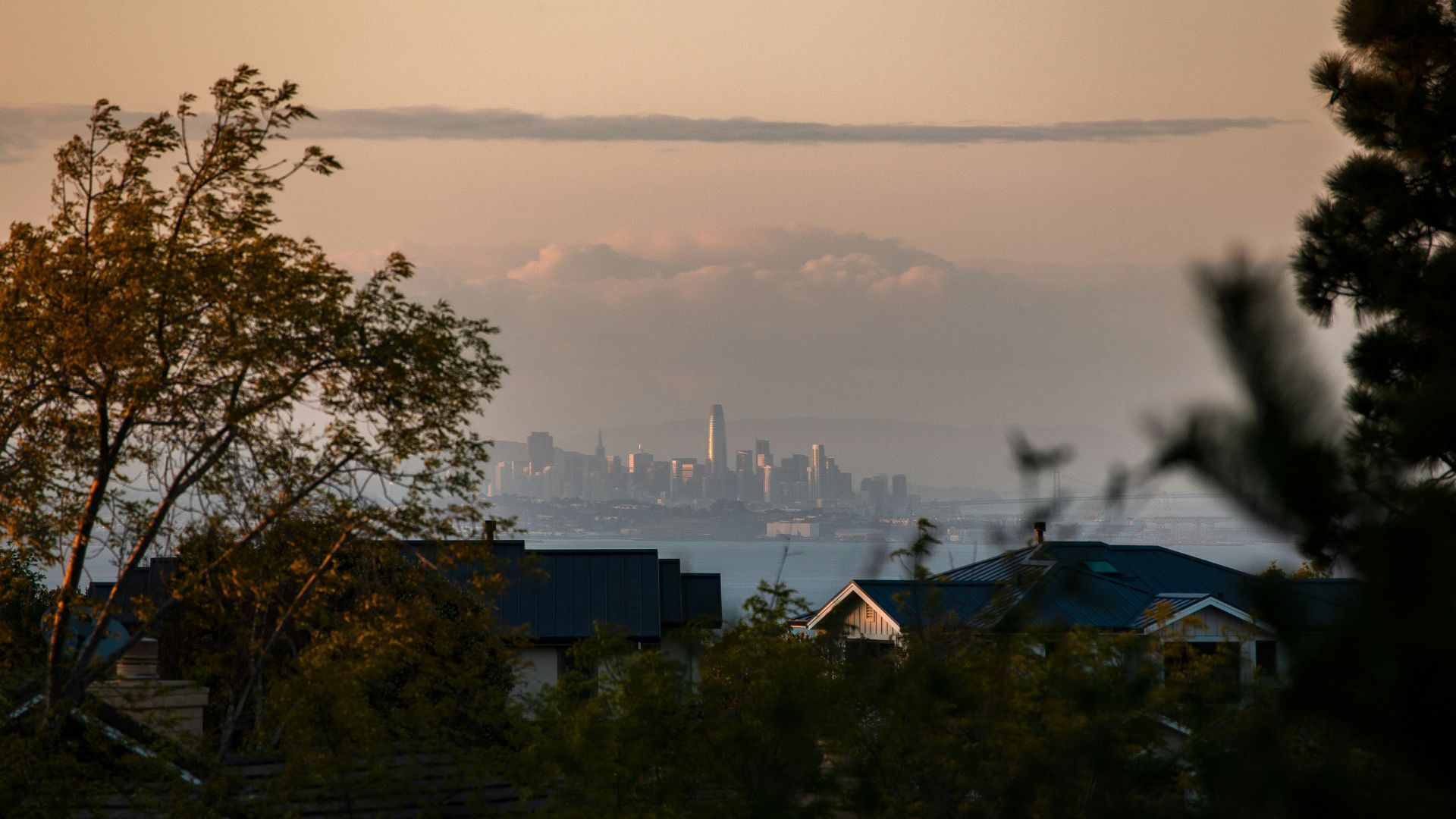
The groups have accused Caltrans, the California Department of Transportation, of conducting an “inadequate environmental analysis” of the widening projected slated for the I-80 between Davis and Sacramento through the Yolo Bypass Wildlife Area.
The Yolo Bypass Wildlife Area is home to 16,600 acres of protected land for fish, waterfowl, shorebirds, and wading birds, along with reptiles, turtles, and bats. The wood- and wetlands have been protected for decades but face permanent damage if car traffic increases in the area.
The Lawsuit Will Force a Thorough Investigation of Environmental Impacts
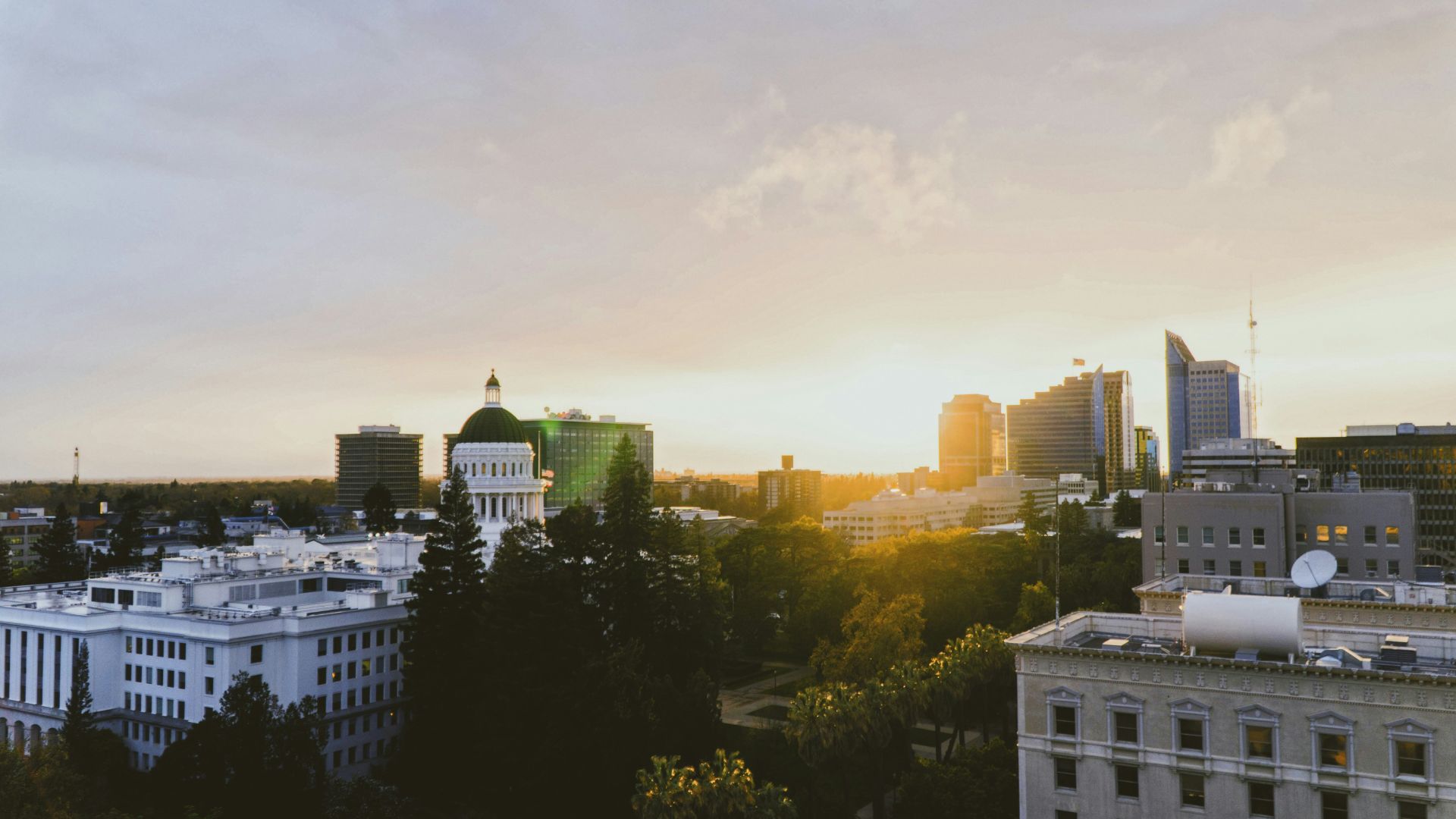
The Sierra Club and the Environmental Council of Sacramento (ECOS) hope to force Caltrans to reconsider their adequate report and complete a thorough investigation of the impacts that the widening project will bring to the area.
The lawsuit states that the groups want to create a further analysis of the project’s harmful effects on the environment, which they believe a valid analysis would uncover.
Increased Car Traffic Will Damage Air Quality and Valuable Ecosystems
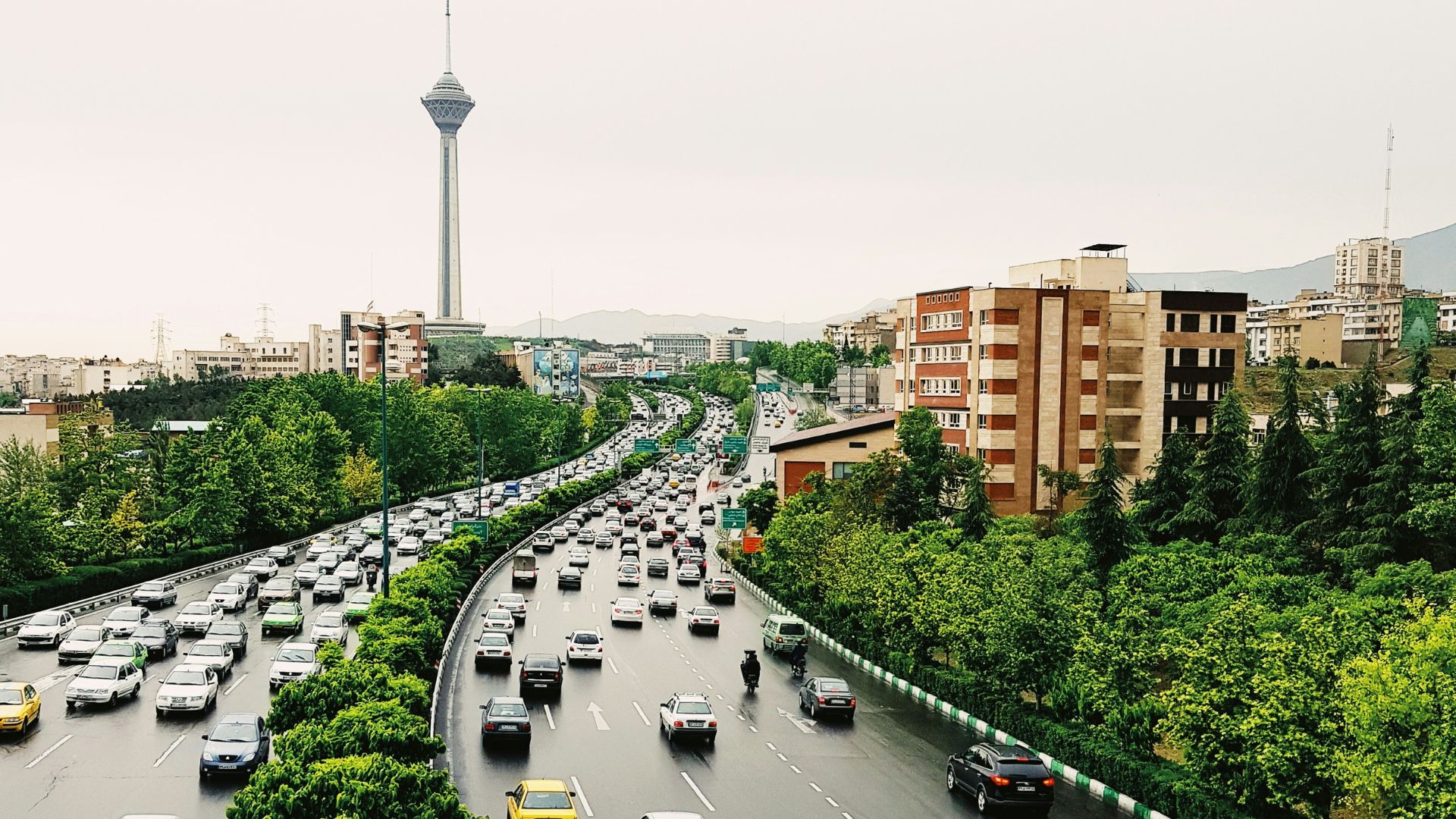
The groups have noted that the information included in the current Environmental Impact Report lacks an adequate amount of information and includes factually inaccurate data on car travel.
The environmental groups have stated “Caltrans’ Environmental Impact Report grossly underestimates increased vehicular travel, which would emit far larger quantities of greenhouse gases and air pollutants than claimed.”
More Traffic Lanes Simply Increase Demand
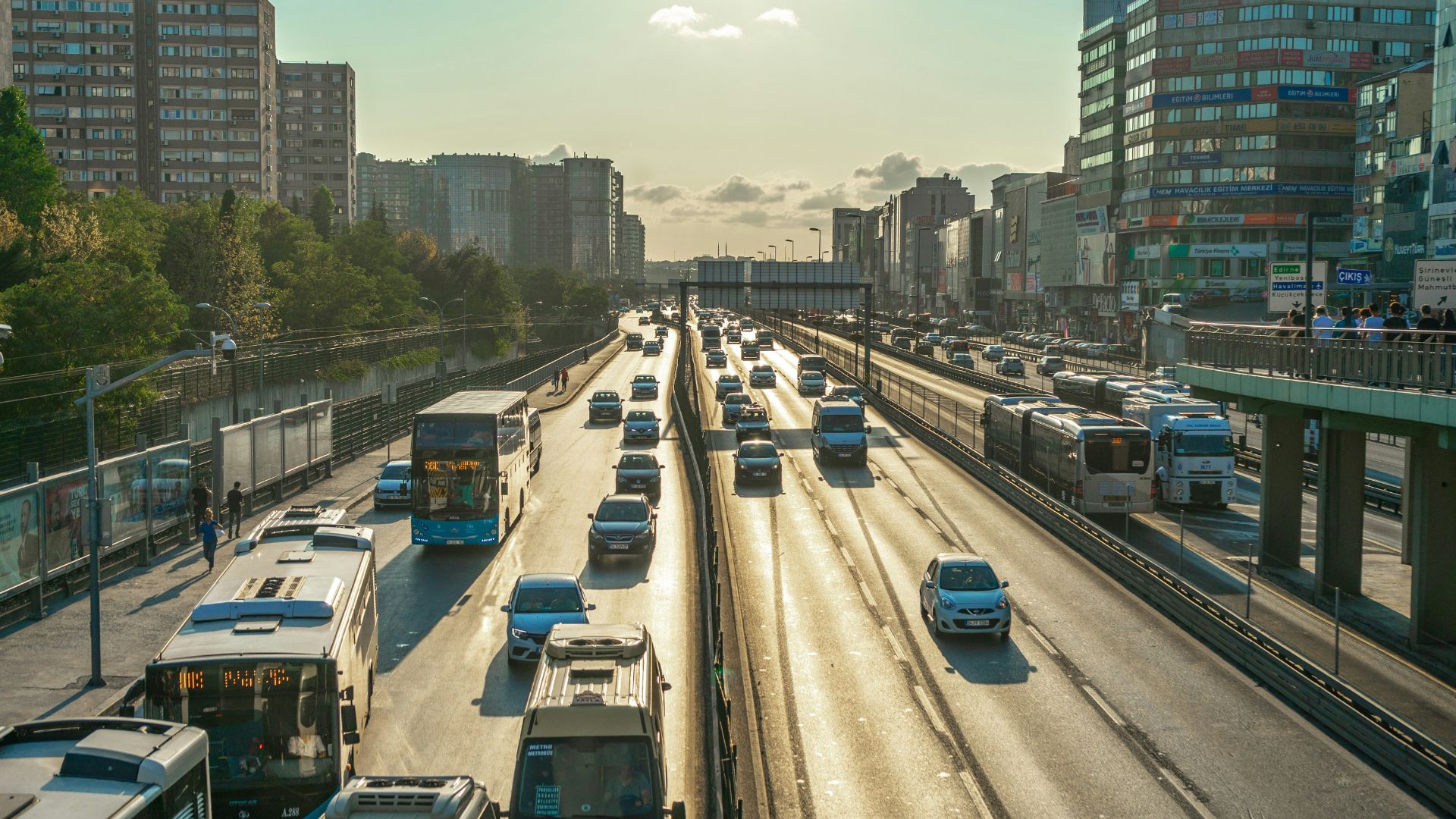
Although Caltrans has claimed that the highway’s size increase will spread cars out further on the highway, the lawsuit claims a different reality. With more traffic lanes, more cars will use the highway for travel, increasing the quantity of air pollutants instead of spreading the same amount of air pollutants.
The lawsuit goes on to state that, “Caltrans violated the California Environmental Quality Act (CEQA) by failing to acknowledge that freeway widenings do not produce less congestion but, in fact, result in increased traffic, [which leads to] worse congestion and pollution due to “Induced Demand.”
Congestion Will Eventually Worsen on the Interstate
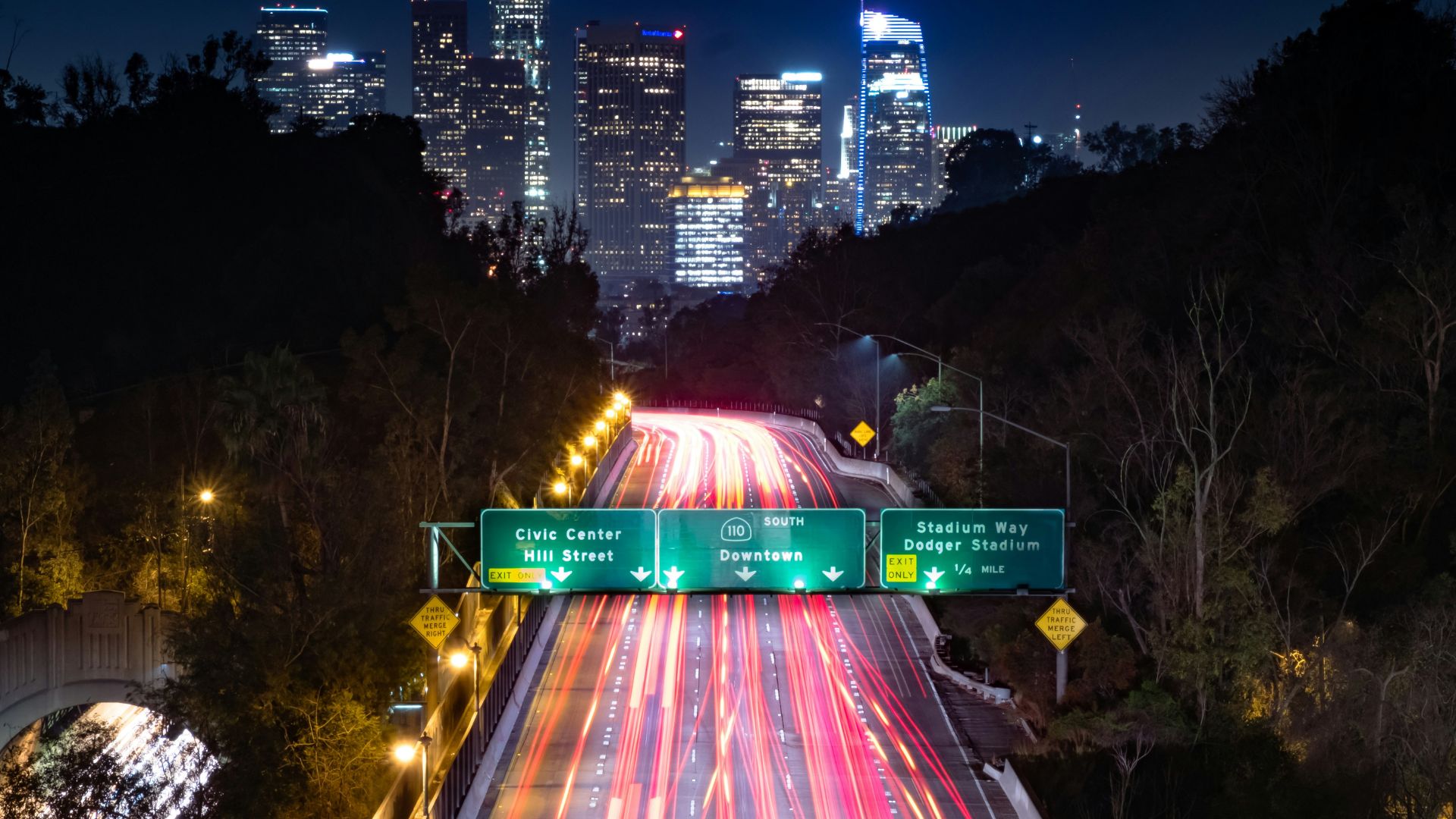
Studies have shown that increased highway lanes do not decrease traffic. The concept is called induced demand. Economists have proven that when highway lanes increase, car traffic increases at a commiserate level.
The lawsuit filed in California against Caltrans argues this point. Once the expansion project is complete, the traffic will increase, and congestion will remain at the same level or worsen over time.
California’s Department of Transportation Is Stuck in Reverse

Instead of creating new and innovative ways to decrease traffic, such as high-speed passenger trains or improved public transportation, the California government seems to be forcing its residents to become even more reliant on car transportation.
As gas prices are increasing at concerning levels in the state, environmental groups and consumer protection advocates think now is the time to move away from heavy reliance on car travel.
The Sierra Club Is Interested in Car Alternatives for the Future
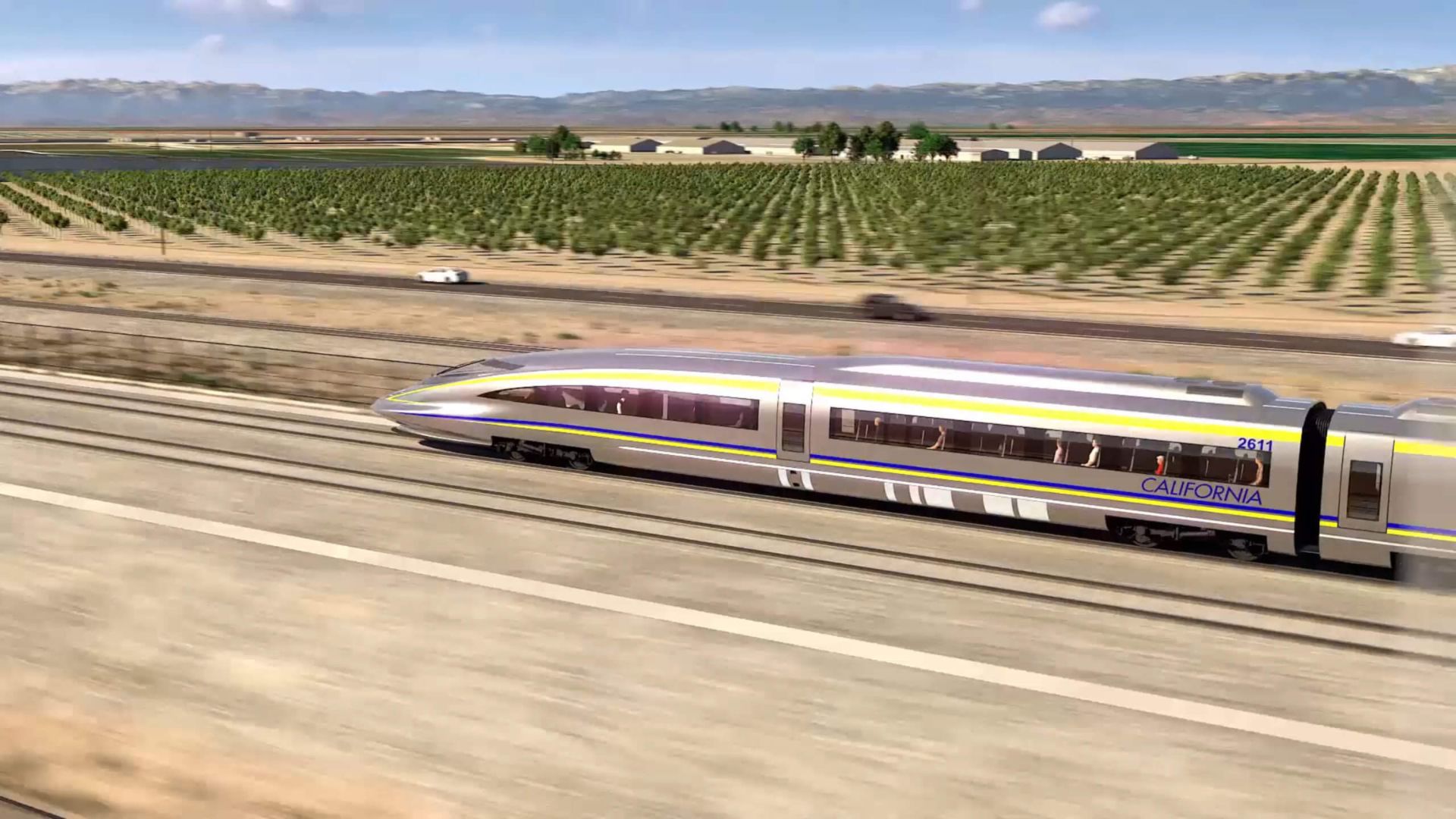
In a statement issued by Sierra Club Yolano Group Chair, Alan Pryor, he said, “The Environmental Impact Report for the I-80 widening shows Caltrans is stuck in reverse when we need to move our region forward by investing in real alternatives to congestion that don’t just put more cars on our roads and smog in our air.”
The main priority of the group is environmental protection. However, advocating for more efficient interstate travel comes hand in hand.
Sacramento Is One of the Worst Areas in the State for Pollution
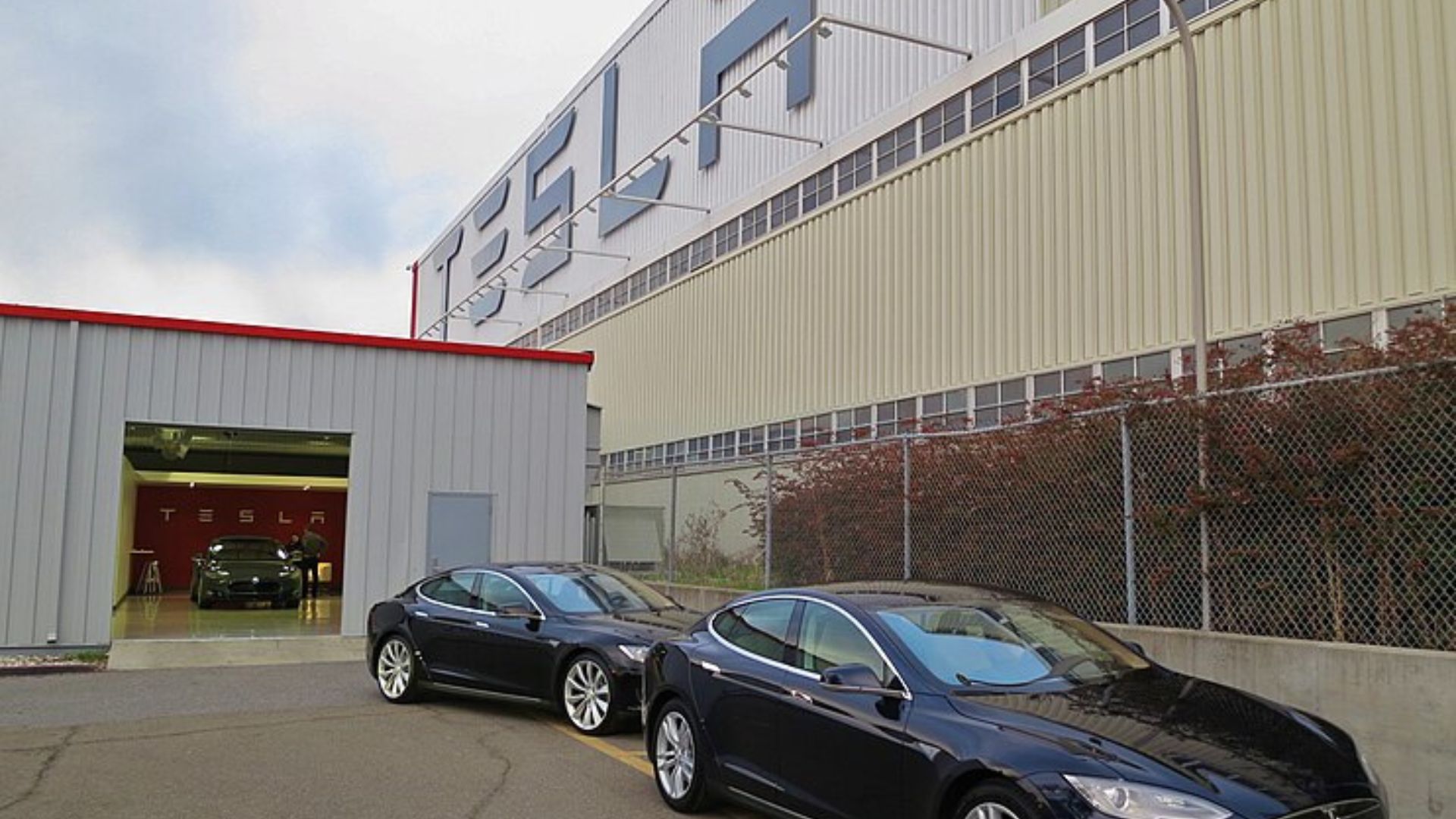
ECOS’ Climate Committee Chair, Ralph Propper, added that Sacramento is known for consistently being among the top ten worst cities in the country for “unhealthy ozone levels and particulate matter.”
The city has a large industrial district that is responsible for creating mass pollutants. Recently, Tech guru Elon Musk was sued for illegally dumping chemicals and air pollutants around the Tesla factory located just outside of Sacramento.
Increased Pollutants To Affect Largely Poor Population
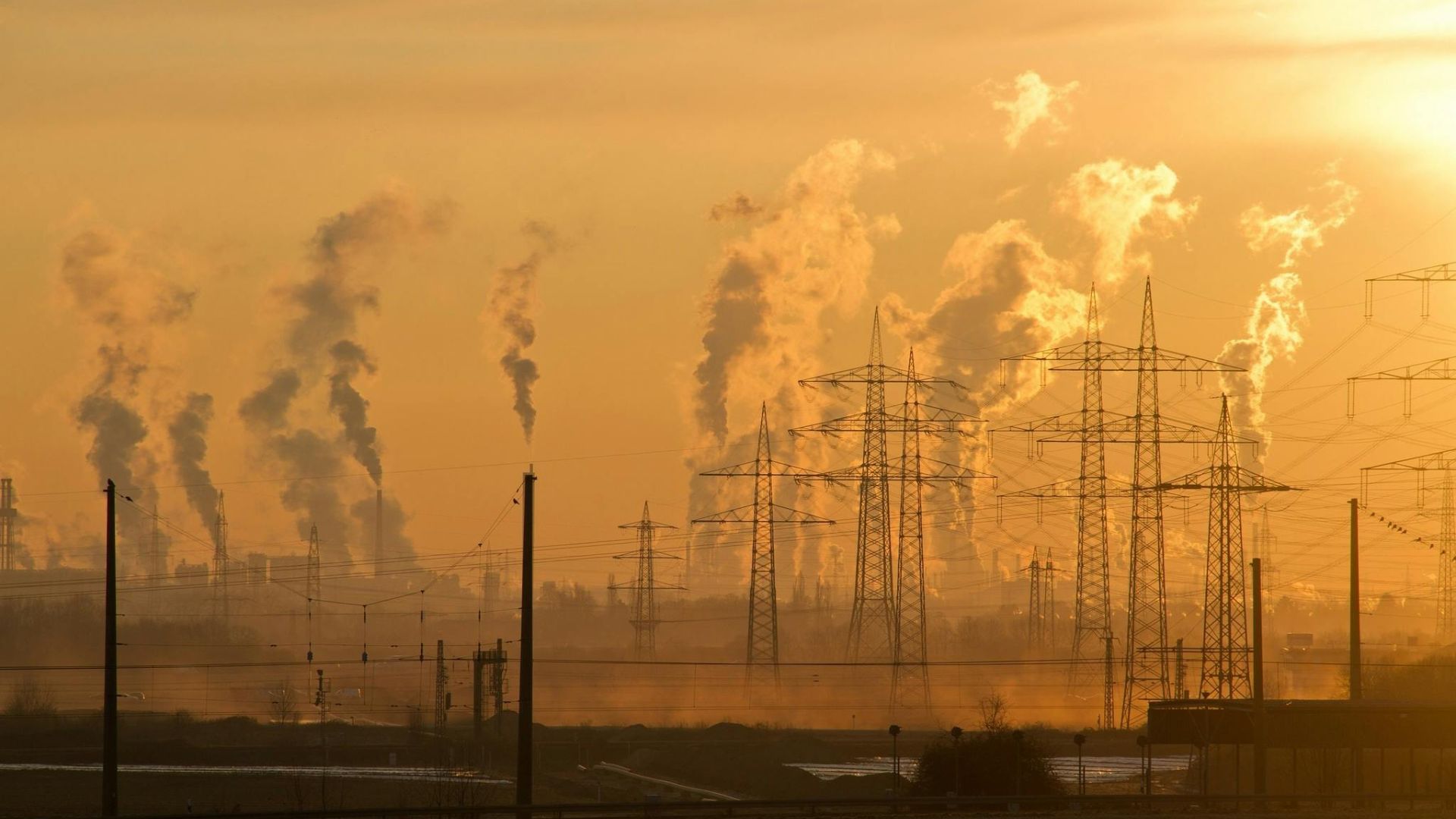
A large influx of car travel will worsen Sacramento’s already poor air quality, affecting both wildlife and residents.
The increased pollution will negatively affect the residents of West Sacramento, where almost a quarter of residents live below the poverty line.
More Environmental Groups Have Planned To Join the Lawsuit
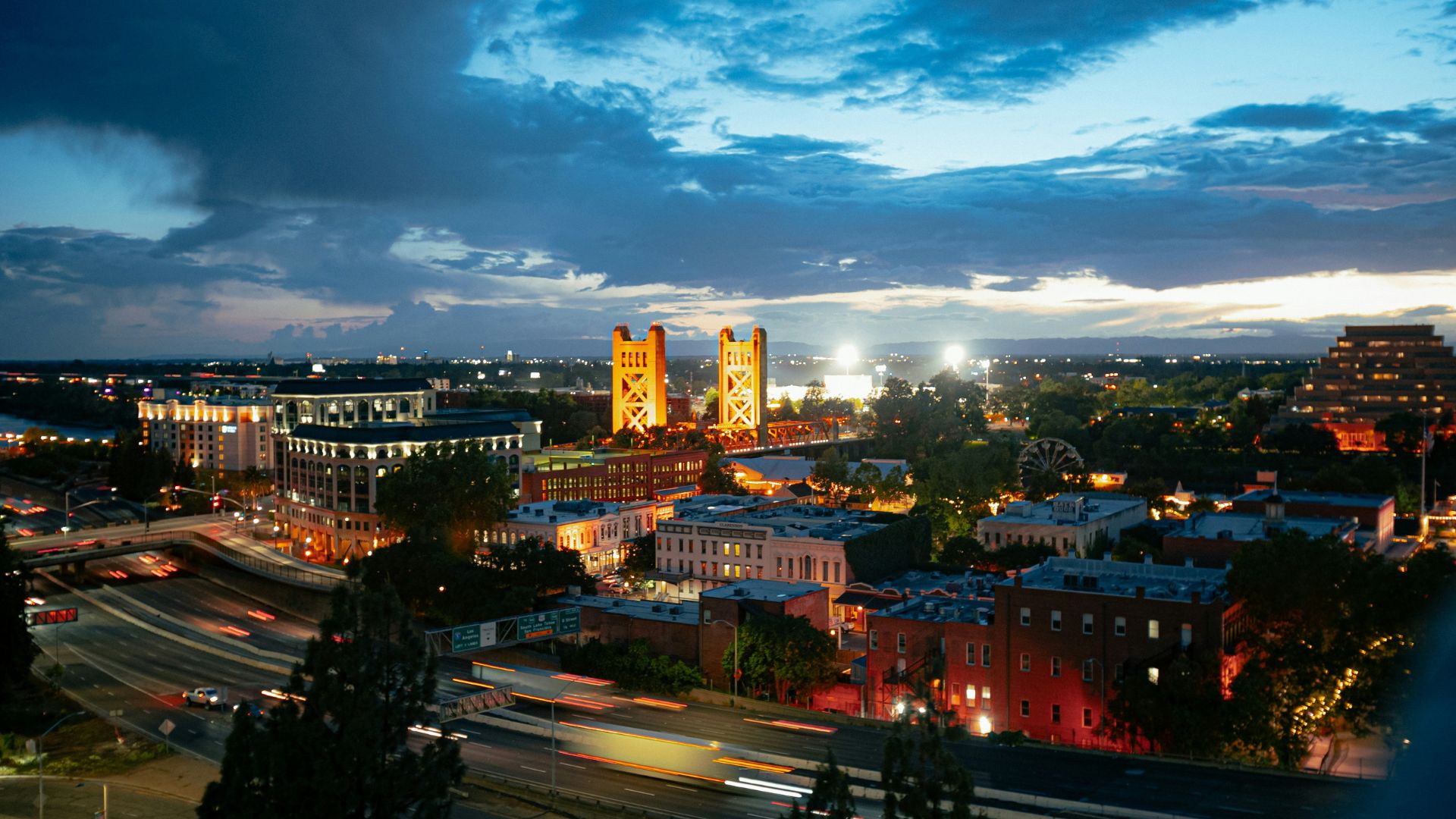
As more groups hear about the lawsuit posed to Caltrans, more have joined the fight to supply resources to the Sierra Club and ECOS.
The Natural Resources Defence Council (NRDC) has also filed a suit that challenges California’s interstate expansion project.








































